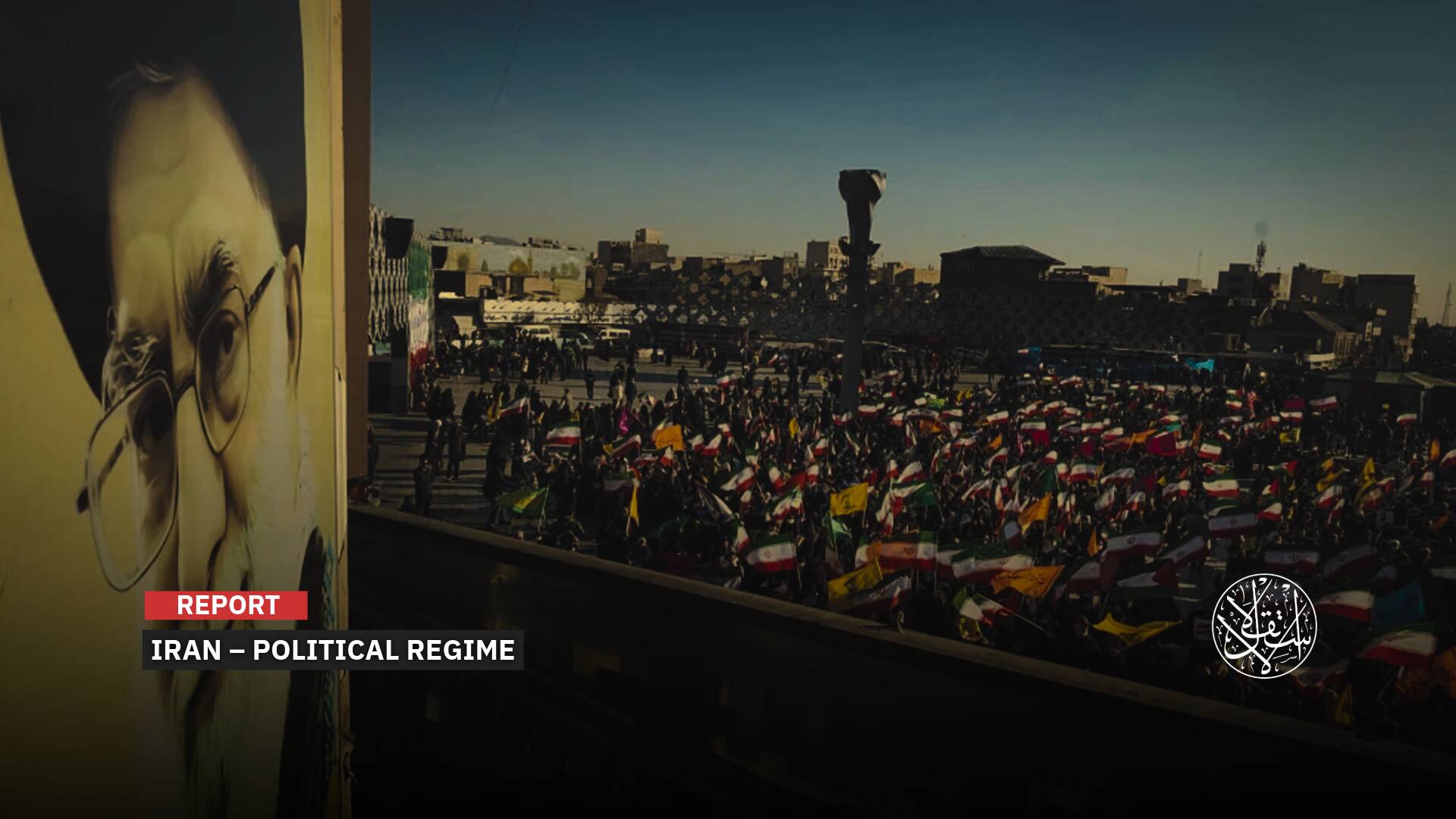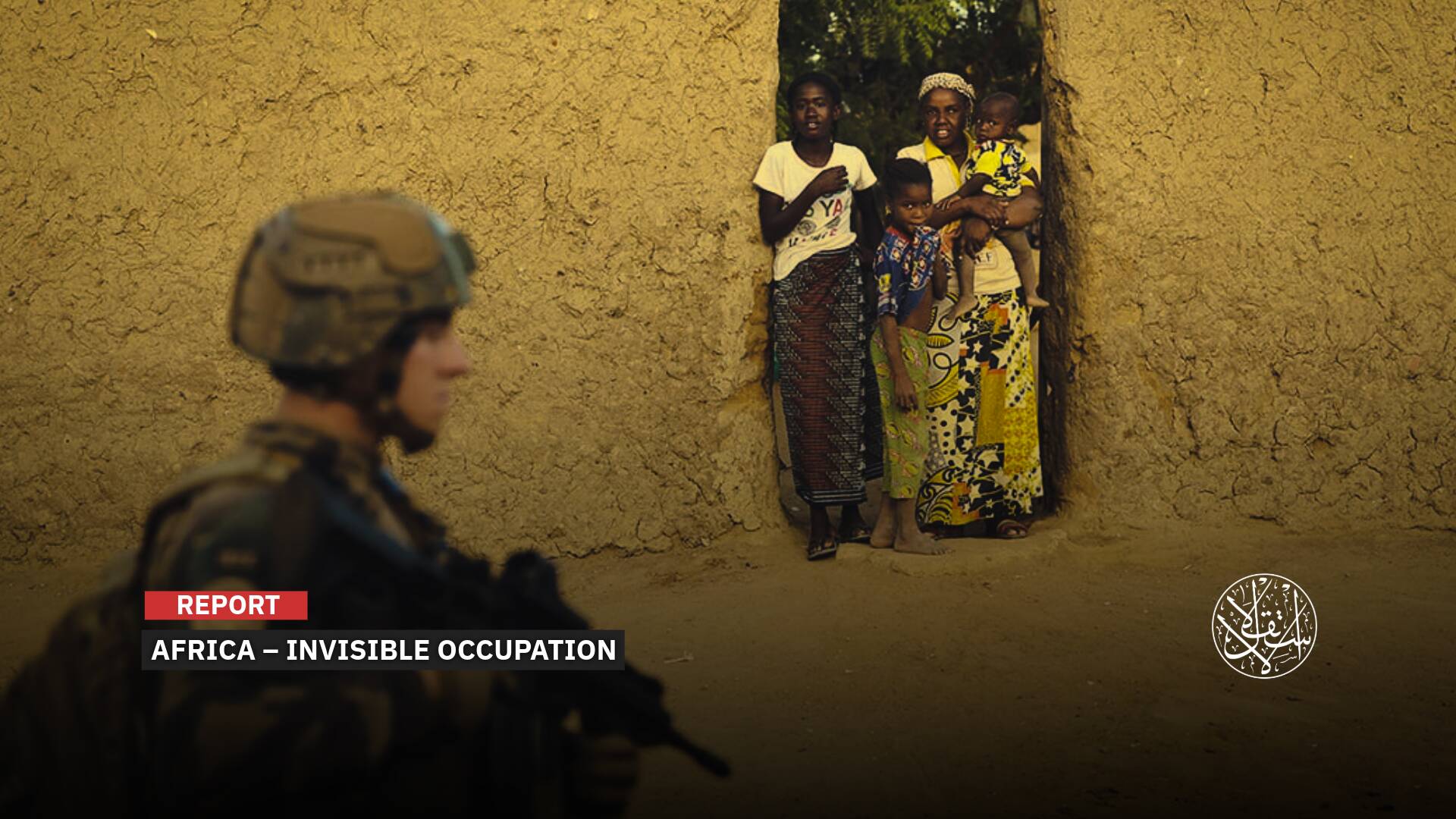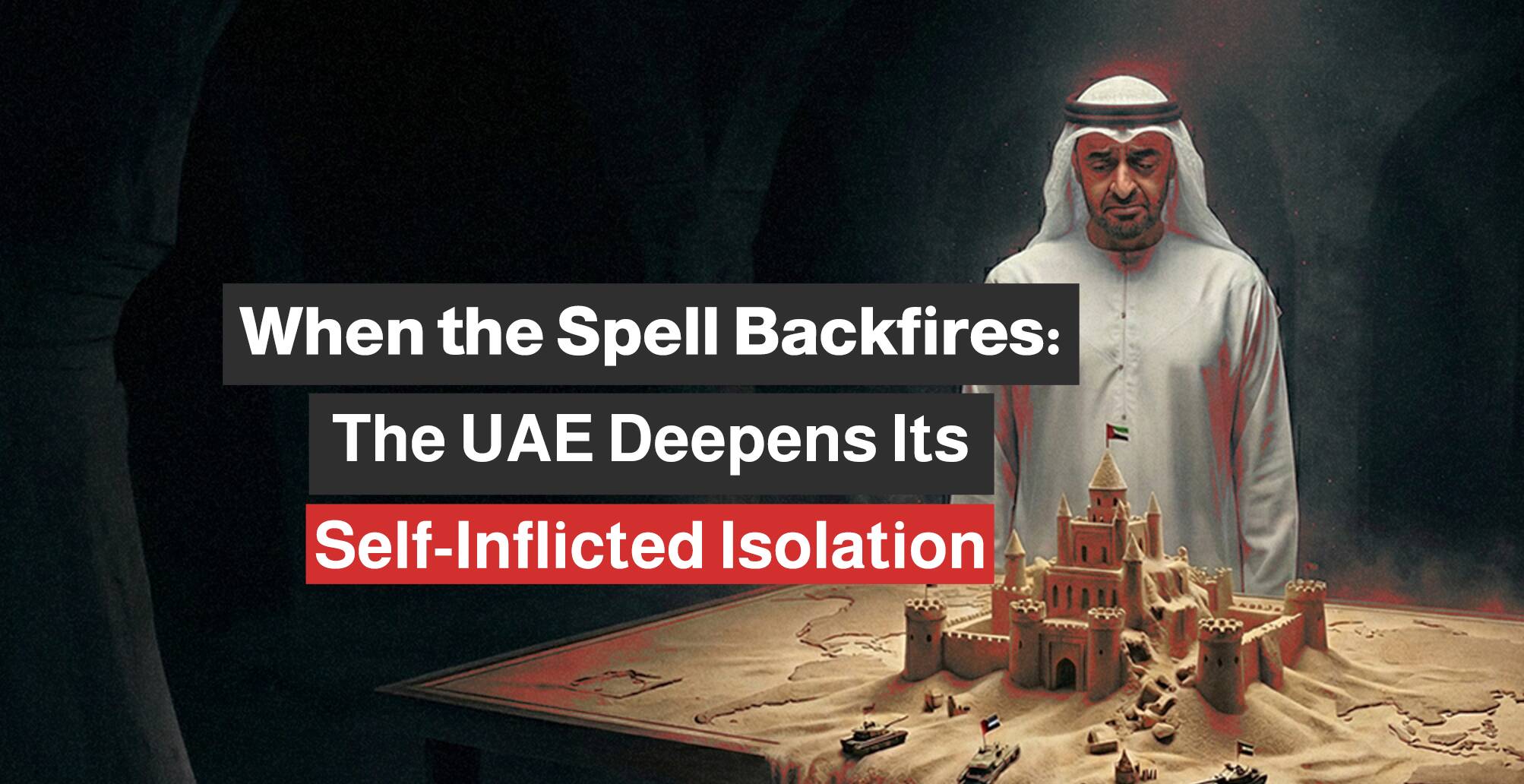How are Right-Wing Youth Shaping the Future of Politics in 'Israel'?

On November 1, “Israel” held its fifth election in less than four years, with former prime minister Benjamin Netanyahu running for re-election in a contest that could be decided by the performance of a far-right party.
Just before the elections, journalist Lily Galili published an article on the Middle East Eye website in which she says that new electoral groups will decide the outcome of the Israeli parliamentary elections.
Over the past three years, this is the fifth round of ballot box rounds, so the majority of first-time voters will be 18 years old. In the long run, they will shape the future of "Israel," and then they will influence the future of the Middle East as well.
Israeli Voters
According to the Israeli Central Election Commission, 209,000 new voters joined between the fourth round in March 2021 and the current round. Some 165,000 are Jewish voters, including newly recruited and their religious peers who refuse military service.
Although there are few in common in their daily lives, much unites them in politics. The new voters lean to the right, the far right, or what is now known as the Bibi's bloc (Benjamin Netanyahu).
Religious voters are strong and dedicated, following the orders of their rabbis and rabbis following Netanyahu's orders. Likud campaign officials also trust them to be loyal volunteers, happy to stay away from the scriptures to attract religious people to the polls.
But even this entrenched electoral habit is at a turning point with Itamar Ben-Gvir, a far-right lawmaker from the Religious Zionist Party, dazzling so many of these young people, who see him as a role model in many ways.
Even if the young people disobey the rabbis' instructions and vote for Gvir, their vote will be in favor of Netanyahu's bloc. After all, it was Netanyahu who allowed Ben-Gvir to enter parliament and vowed to make him an influential member of the next government if he could form it, and Ben-Gvir dreams of the post of minister of public security and may actually get it.

Ben-Gvir in the Scene
Voter frustration with political parties has grown as a result of years of gridlock, but booming support for the ultra-nationalist Religious Zionism bloc has energized the campaigns of both the group's fiery co-leader Ben-Gvir.
Netanyahu, who has been prime minister of “Israel” for the longest time, is currently facing corruption charges, which he denies, but his right-wing Likud party is still anticipated to end up with the most seats in parliament.
A voter who identified himself only as Tomer told Reuters outside a polling place, where copies of Netanyahu's new autobiography were being sold, that "It's him or nothing."
However, it seems unlikely that either Lapid's centrist Yesh Atid or Netanyahu's hardline Likud party will be able to secure all 61 seats on their own. As a result, both men will seek to establish potential coalitions with other, smaller political groups in order to get the 61 Knesset members necessary to form a government.
“Israel” might be forced to hold yet another election if Netanyahu and Lapid are unable to secure enough backing from smaller parties. After the quick succession of elections, the majority of the populace will be eager to set politics aside in favor of forming a government. Thus some smaller party leaders will be trying to play kingmaker.
Ben-Gvir and fellow far-right leader Bezalel Smotrich have eroded the Likud's historical support among youth, and the Religious Zionist party, which was formerly negligible, is now expected to be the third-largest party in parliament.
Ben-Gvir, a former member of Kach, an organization on the terrorist watchlists of “Israel” and the United States, has softened some of his prior stances, but the idea of him entering a coalition could worry Washington.
Lapid has campaigned on diplomatic advances with countries including Turkiye and Lebanon, as well as on a strong performance by the Israeli economy recovering from the pandemic. Flanked by supporters outside a Tel Aviv polling center, Lapid said: "This election is between the future and the past."
Youth Patterns
Galilei asserts that voting patterns among non-religious people are the most diverse.
In July, the Israeli research firm Midgam conducted research on voter patterns between the ages of 18 and 25 with the aim of figuring out what Israeli policy would look like if only this group voted. In this case, Netanyahu's bloc, which includes far-right and hard-right parties, would win 71 seats in parliament.
46% of respondents identified themselves as following the right, 16% following the center-right, and only 10% following the left. The Meretz party (the only Zionist party that defines itself as a leftist) crossed the electoral threshold. Galilei recalls that forecasting is a risky business in the Middle East, but that allows for a peek at the future after the November elections.
Even before this scenario occurred, there was an unprecedented secondary phenomenon that embodies the changing spirit of politics in "Israel"; some 100,000 voters, mostly young people, still identify themselves as floating voices, meaning they have not made a decision on whether to vote for Benny Gantz, the former army chief who leads the National Unity Party, or Ben-Gvir, a man so racist that the military refused to recruit him.
The campaign, which has been overshadowed by Netanyahu's oversized personality and the impasse preventing an Israeli political system since his indictment on accusations of bribery, fraud, and breach of trust in 2019, hasn't been much impacted by the conflict, though.











